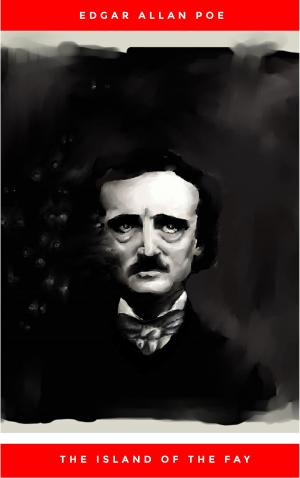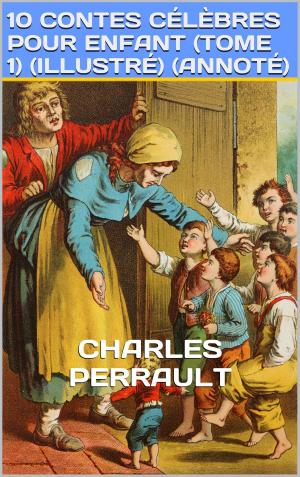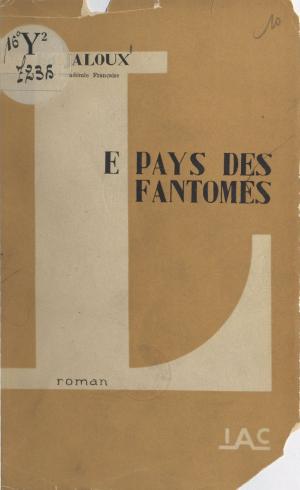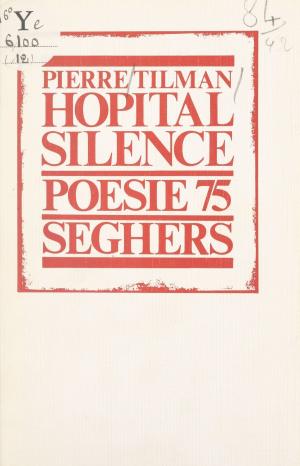| Author: | Patrick King | ISBN: | 9781452461878 |
| Publisher: | Patrick King | Publication: | July 20, 2011 |
| Imprint: | Smashwords Edition | Language: | English |
| Author: | Patrick King |
| ISBN: | 9781452461878 |
| Publisher: | Patrick King |
| Publication: | July 20, 2011 |
| Imprint: | Smashwords Edition |
| Language: | English |
“Son of a Buck: Espee, Too” begins with a prologue designed to convey and set the tone of the book. The prologue involves two cats arguing philosophically about Shakespeare, Plato, and stagecraft—the thrust of their conversation pertaining to rather ordinary conflicts about how one perceives life playing out in a context of intimations on food. The remainder of the book introduces and follows a middle-aged Deprentis Charles Drain as he attempts to discover and perhaps unravel what he imagines to be a singularly important aspect of life: what accounts for his parents’ happiness.
He supposes his parents’ happiness to be the result of how they in 1948 met in a gas station—a detail that is compounded and confounded by the gas station’s proximity to a tavern across the way and down the street and over a bridge from the local movie theater in a small rural logging town. Despite all he has discovered about that first meeting, the one elusive detail is the name of the movie that was playing in the theater that day in the spring of 1948. So the story develops around Deprentis Drain’s obsession with finding the name of that movie and his rationale for doing so.
From that obsession other details about Deprentis evolve: the little town called Roads—misnamed through some clerical error—mishaps in gas rationing; stories from world wars; an annoying clicking noise on the phone while he speaks to his daughter long distance; the significance of yellow; his affair with a woman from Germany; a stint in the navy serving aboard ship as, what he calls, an LE (Library Engineer); unrelenting insights and witticisms from someone named Jancee; a letter he never sends to Wilburt Stebby, the erstwhile acquaintance his parents contend (tongue in cheek) would know the elusive title of the movie; late night conversations about make-believe friendships with his three-year-old daughter; vague references to a wife who has left him; a quest for a job tutoring English at a local college; lots of movie trivia; and the recounting from his childhood of a dinner ritual his parents observed wherein they explain how they actually met.
Eventually, it becomes obvious that Deprentis Drain’s parents were anything but happy, that the mother dies a horrible death from obesity and cigarettes, that the father, a logger to the end, likewise succumbs to a brutal death in the woods. The title of the movie remains a mystery.
The story ends with Deprentis on one more disappointing ride on a city bus, the victim this time of the scorn of a female passenger into whose person he has the misfortune to collide when the wheels of the bus traverse a rather deep pothole and send Deprentis ineloquently from his seat into hers. To regain his composure, he attempts to lose himself in a spot of poetry he is translating from some ancient Roman text about banquets and love making, only to arrive back at his apartment to find his ex-wife has left a brief, but vitriolic message on his answering machine, accusing him of complicity in his daughter’s latest fashion statement: tongue piercing.
“Son of a Buck: Espee, Too” begins with a prologue designed to convey and set the tone of the book. The prologue involves two cats arguing philosophically about Shakespeare, Plato, and stagecraft—the thrust of their conversation pertaining to rather ordinary conflicts about how one perceives life playing out in a context of intimations on food. The remainder of the book introduces and follows a middle-aged Deprentis Charles Drain as he attempts to discover and perhaps unravel what he imagines to be a singularly important aspect of life: what accounts for his parents’ happiness.
He supposes his parents’ happiness to be the result of how they in 1948 met in a gas station—a detail that is compounded and confounded by the gas station’s proximity to a tavern across the way and down the street and over a bridge from the local movie theater in a small rural logging town. Despite all he has discovered about that first meeting, the one elusive detail is the name of the movie that was playing in the theater that day in the spring of 1948. So the story develops around Deprentis Drain’s obsession with finding the name of that movie and his rationale for doing so.
From that obsession other details about Deprentis evolve: the little town called Roads—misnamed through some clerical error—mishaps in gas rationing; stories from world wars; an annoying clicking noise on the phone while he speaks to his daughter long distance; the significance of yellow; his affair with a woman from Germany; a stint in the navy serving aboard ship as, what he calls, an LE (Library Engineer); unrelenting insights and witticisms from someone named Jancee; a letter he never sends to Wilburt Stebby, the erstwhile acquaintance his parents contend (tongue in cheek) would know the elusive title of the movie; late night conversations about make-believe friendships with his three-year-old daughter; vague references to a wife who has left him; a quest for a job tutoring English at a local college; lots of movie trivia; and the recounting from his childhood of a dinner ritual his parents observed wherein they explain how they actually met.
Eventually, it becomes obvious that Deprentis Drain’s parents were anything but happy, that the mother dies a horrible death from obesity and cigarettes, that the father, a logger to the end, likewise succumbs to a brutal death in the woods. The title of the movie remains a mystery.
The story ends with Deprentis on one more disappointing ride on a city bus, the victim this time of the scorn of a female passenger into whose person he has the misfortune to collide when the wheels of the bus traverse a rather deep pothole and send Deprentis ineloquently from his seat into hers. To regain his composure, he attempts to lose himself in a spot of poetry he is translating from some ancient Roman text about banquets and love making, only to arrive back at his apartment to find his ex-wife has left a brief, but vitriolic message on his answering machine, accusing him of complicity in his daughter’s latest fashion statement: tongue piercing.















